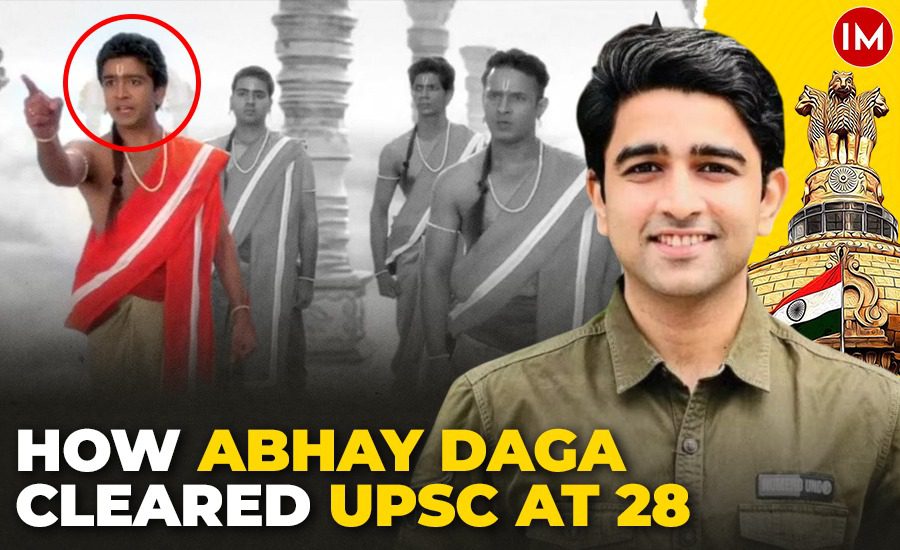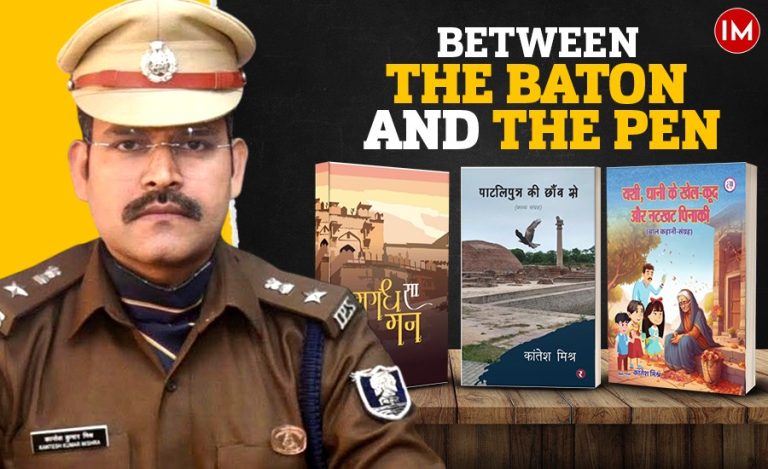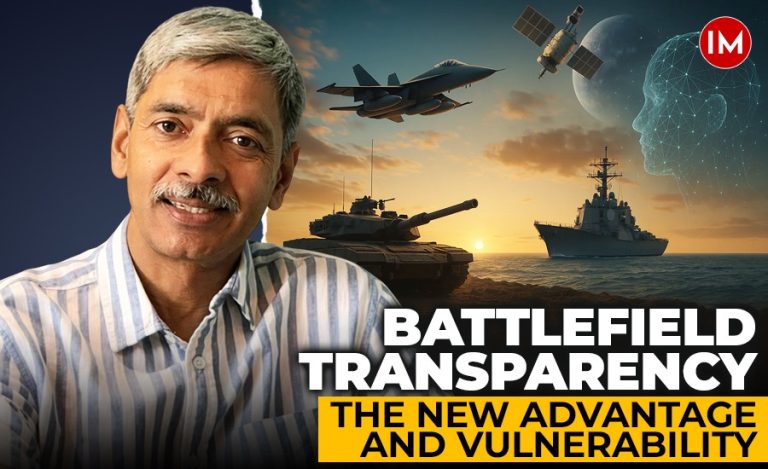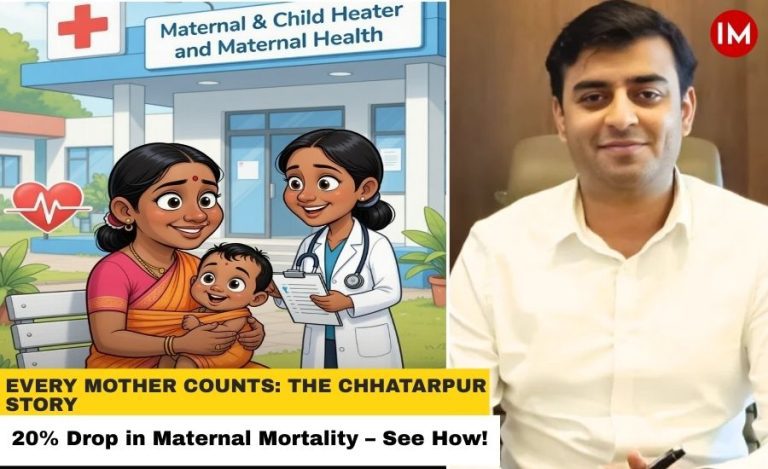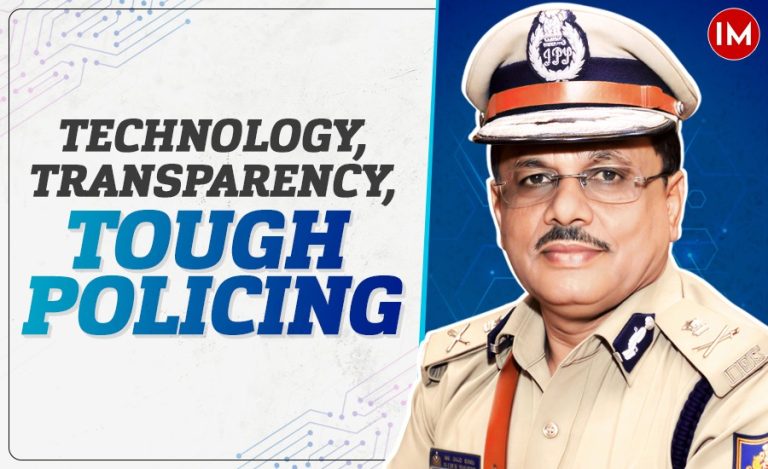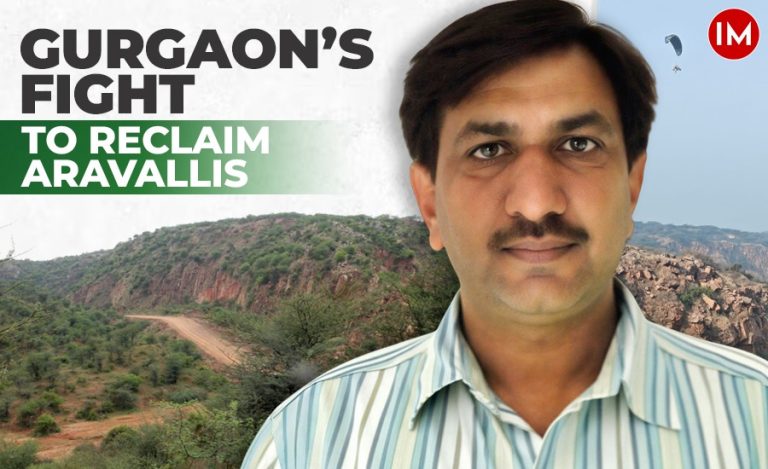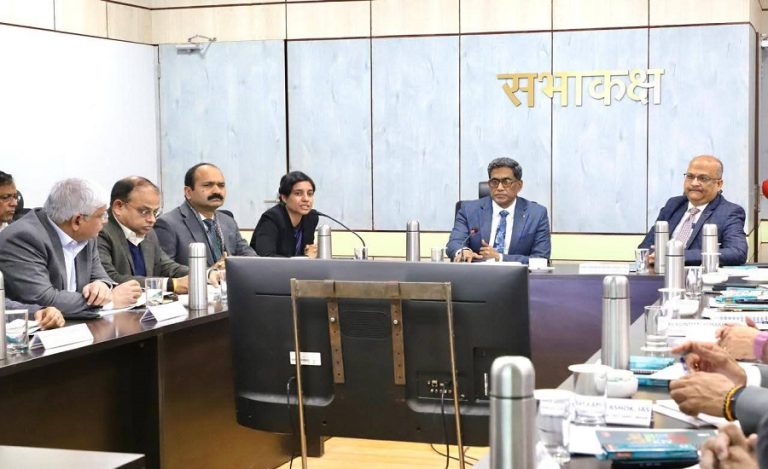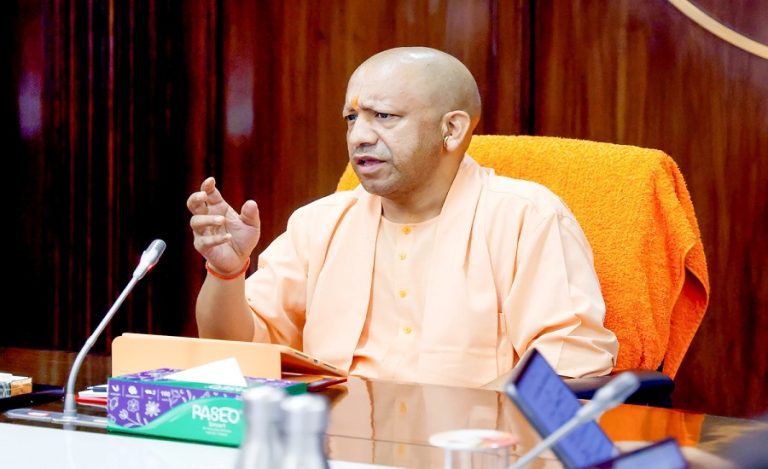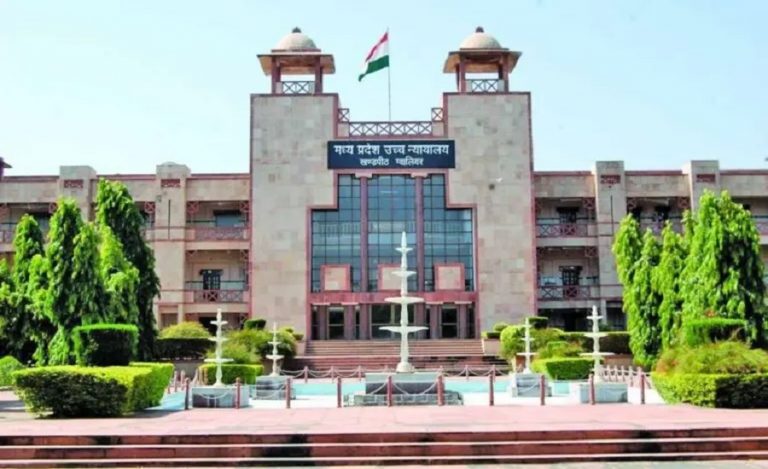Choosing a career is never simple, especially when it involves balancing personal interests with societal expectations. For Abhay Daga, the path to the UPSC Civil Services Examination was anything but linear. Born in Wardha, Maharashtra, to two doctors, Abhay grew up in a household that valued academics and encouraged curiosity. From an early age, he excelled in competitive exams like KVPY, NTSE, and the Regional Mathematics Olympiad, yet he was drawn toward mathematics and engineering rather than medicine.
“My parents never pressured me and always prioritized my interests. When they realized I was inclined toward mathematics and wanted to stay away from the medical field, they encouraged me to pursue engineering without hesitation,” Abhay recalls.
EXPLORING INTERESTS BEYOND ENGINEERING
Abhay’s academic journey led him to IIT Kharagpur, where he faced intense competition for the first time while preparing for the IIT JEE in Hyderabad. That experience instilled in him the discipline and focus required to perform under pressure. At IIT, he immersed himself not only in academics but also in extracurricular activities, exploring his interest in acting.
“I performed in several plays, took on roles as a lead actor, director, and set manager, and even represented my college at a national-level play. On January 21, 2016, when I first stepped on stage to act, I felt an incredible sense of power that changed something within me,” Abhay says. His passion for acting eventually led him to work in the popular TV show Siya Ke Ram on Star Plus.
While acting offered a creative outlet, it did not provide the opportunity to make a large-scale impact, something Abhay increasingly desired. During this period, he also interned at Microsoft and later joined the company full-time, gaining corporate experience while continuing his acting pursuits. Despite the security and growth a corporate career offered, he realized that neither acting nor corporate work would allow him to address broader societal issues such as poverty, education, healthcare, climate change, and cybercrime.
“My curiosity about societal issues grew. Combining these experiences, I felt a calling toward civil services as a way to address these issues effectively,” he explains.
THE UPSC DECISION AND EARLY CHALLENGES
Deciding to pursue UPSC was a significant choice. Leaving a high-paying job meant accepting the opportunity cost of years and potential earnings, while preparing for one of the toughest exams in India. With support from his parents and friends, Abhay committed fully, setting clear boundaries for himself. He also created a backup plan: if he did not succeed within two or three years, he would return to the corporate sector and continue preparation alongside it.
In 2021, he quit his job to focus entirely on UPSC preparation. Without a structured workplace, Abhay organized his days meticulously, setting targets, reviewing performance, and managing himself as both employee and manager. His first attempt in 2020, done casually to understand the exam, did not clear the prelims. The 2021 attempt, delayed by COVID, also ended in disappointment due to lack of structured preparation.
Undeterred, he dedicated 2022 as his first serious attempt. He studied NCERTs and standard reference books, revised consistently, solved previous year questions, and joined test series. With mathematics as his optional subject, he spent four to five hours daily mastering it, while balancing general studies and current affairs. For prelims, he focused entirely on revising notes and underlining key points during test series. These methods helped him clear the 2022 prelims.
Mains preparation, however, revealed gaps in his strategy. Despite strong performance in general studies, his mathematics optional lagged due to insufficient exam-specific practice, and he did not clear the mains. He learned from these challenges, adjusting his preparation for 2023. For general studies, he enhanced answers with current affairs examples, developed a repository of ethics examples, and compiled socio-economic facts. For mathematics, he emphasized exam strategy and extensive practice, improving accuracy and answer quality.
ANSWER WRITING, PREPARATION STARTEGY AND SUCCESS
Answer writing became a cornerstone of his preparation. He practiced previous year questions, sought feedback from test series and online platforms, and consistently refined his approach. For current affairs, he read The Hindu and a monthly magazine, using test series to fill gaps while maintaining curiosity about social issues to make his preparation dynamic.
“Many believe you must start UPSC preparation at 20–21, but I disagree. I thought about UPSC at 25, an age when many are settled or already in service. I didn’t let these thoughts overwhelm me and gave my all to preparation. At 28, I’ve cleared the exam, proving that age is just a number. If you have determination and patience, you can succeed,” Abhay emphasises.
His guiding principle, simple yet profound, has been, “If the why is clear, the how becomes easy.” Visualising his purpose and revisiting it during moments of doubt enabled him to stay focused and motivated. Today, with an All India Rank of 185 in the UPSC Civil Services Examination 2023, Abhay Daga became an IPS officer. His journey underscores the importance of clarity of purpose, consistent effort, and thoughtful strategy in achieving one’s goals.

